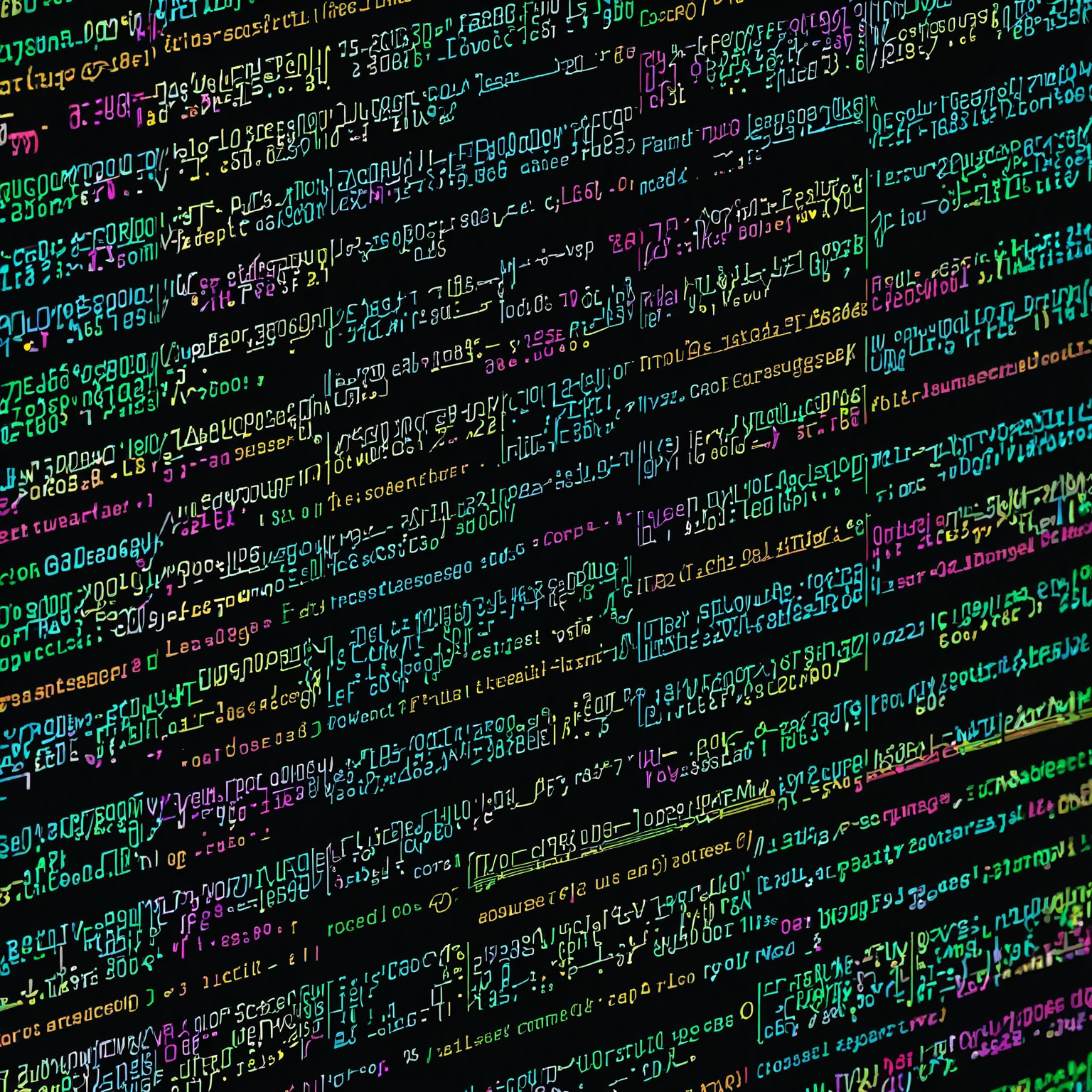The Essential Role of Comments in Programming
 Reagan Mwangi
Reagan Mwangi
The Importance of Comments in Coding
In the realm of software development, writing clean and efficient code is paramount. However, even the most elegant code can become a tangled mess without proper documentation. This is where comments come into play. Comments, often overlooked by novice developers, are an essential part of coding that can significantly impact the quality and maintainability of software projects. In this blog post, we will explore why comments are so important and how they can benefit developers at all stages of their careers.
1. Improving Code Readability
Comments serve as a bridge between the developer's thought process and the actual code. They provide context and explanations for complex logic, making the code more readable and understandable. This is especially important in collaborative environments where multiple developers work on the same codebase. Clear comments can save hours of frustration and confusion by providing insights into why certain decisions were made and how specific functionalities are implemented.
2. Facilitating Collaboration
In team-based projects, comments are invaluable. They help team members understand each other's code quickly and efficiently. When developers leave comments explaining their code, it fosters better communication and collaboration. This is particularly beneficial when onboarding new team members or when different developers take over a project. Well-commented code ensures that everyone is on the same page and can contribute effectively.
3. Assisting Debugging and Maintenance
Debugging is an inevitable part of the development process. When bugs arise, comments can be a lifesaver. They can help developers trace the flow of the program and identify where things might have gone wrong. Additionally, as projects evolve and grow, maintaining and updating code becomes necessary. Comments provide a reference point, making it easier to understand the original intent of the code and implement changes without breaking existing functionality.
4. Enhancing Learning and Knowledge Sharing
For beginner developers, comments are an excellent learning tool. They can explain complex concepts, provide references to relevant documentation, and offer insights into best practices. Writing comments also forces developers to articulate their thought process, reinforcing their understanding of the code. For more experienced developers, comments can serve as a way to share knowledge and mentor junior team members, contributing to a culture of continuous learning and improvement.
5. Documenting Code for Future Reference
Software projects often have long lifespans, and developers may revisit their code months or even years later. Comments act as documentation that provides context and explanations for past decisions. This is crucial for ensuring that the code remains understandable and maintainable over time. Without comments, developers might struggle to remember why certain choices were made, leading to potential errors and inefficiencies.
Best Practices for Writing Comments
While comments are essential, it is important to use them wisely. Here are some best practices to keep in mind:
Be Clear and Concise: Write comments that are easy to understand and get straight to the point.
Avoid Redundancy: Do not state the obvious. Comments should provide additional context, not repeat what the code already expresses.
Keep Comments Updated: As the code changes, ensure that comments are updated accordingly to reflect the current state of the code.
Use Descriptive Comments: Explain the "why" behind the code, not just the "what." This provides deeper insights into the developer's thought process.
Follow Consistent Formatting: Adopt a consistent style and format for writing comments to maintain readability across the codebase.
Conclusion
Comments are a vital part of the coding process that should not be overlooked. They improve readability, facilitate collaboration, assist in debugging and maintenance, enhance learning, and provide essential documentation for future reference. By following best practices for writing comments, developers can create code that is not only functional but also maintainable and understandable, ensuring long-term success for their software projects.
Remember, good code tells you how, but great comments tell you why. So, let's embrace the habit of writing thoughtful comments and make our codebases more robust and developer-friendly.
Subscribe to my newsletter
Read articles from Reagan Mwangi directly inside your inbox. Subscribe to the newsletter, and don't miss out.
Written by
